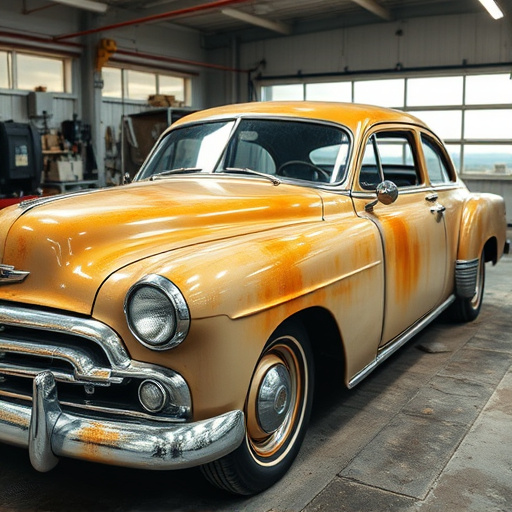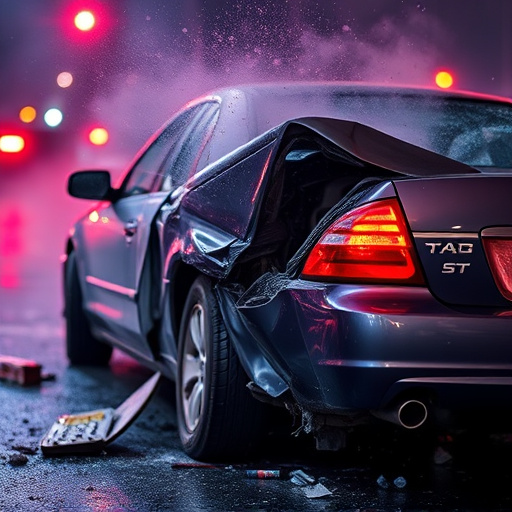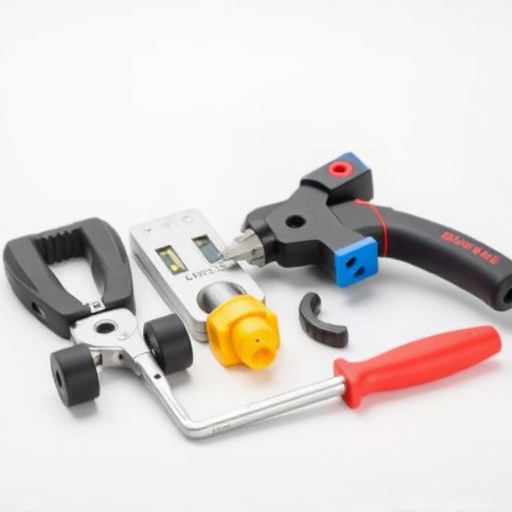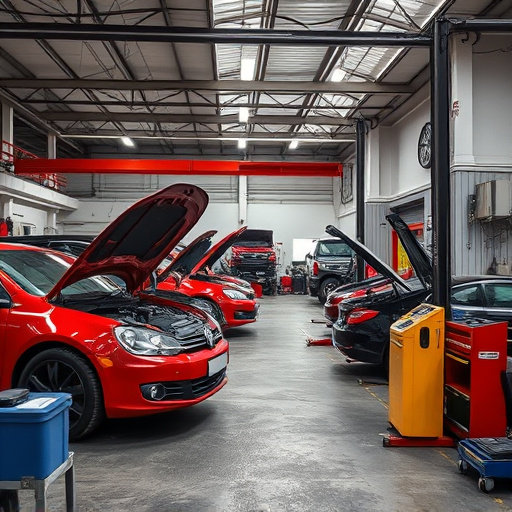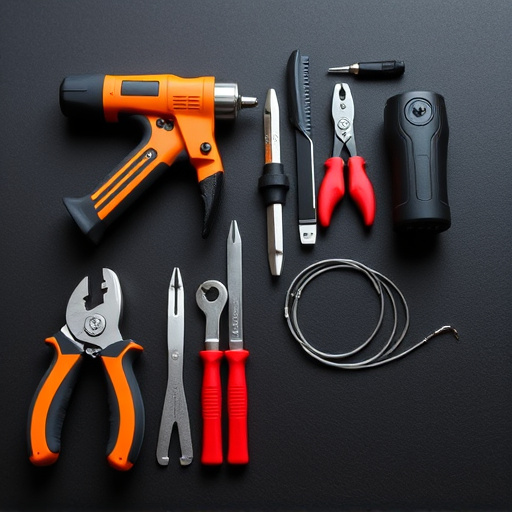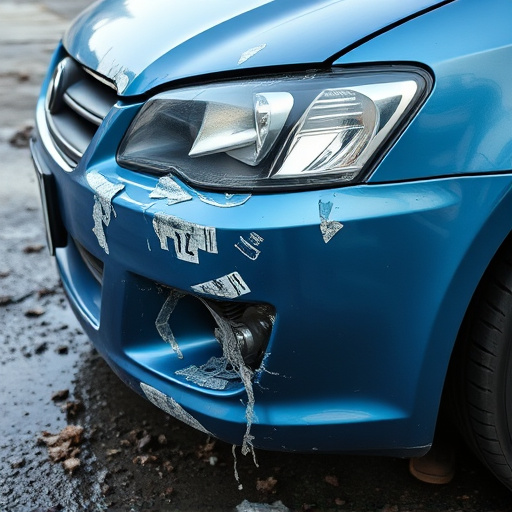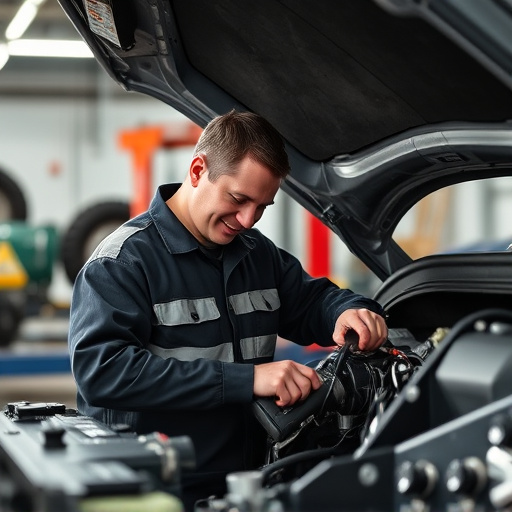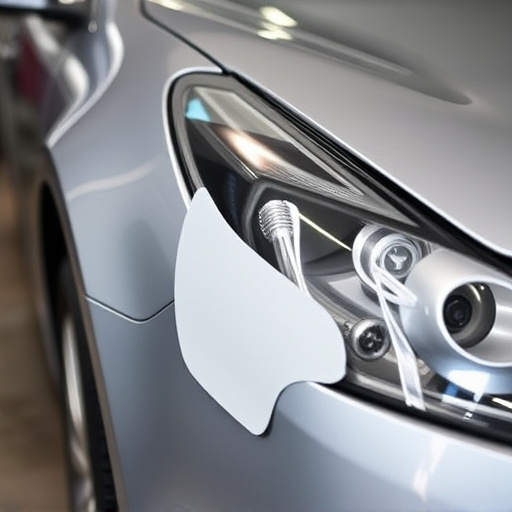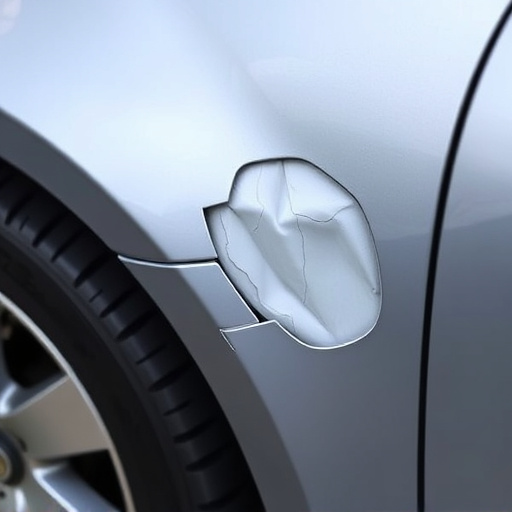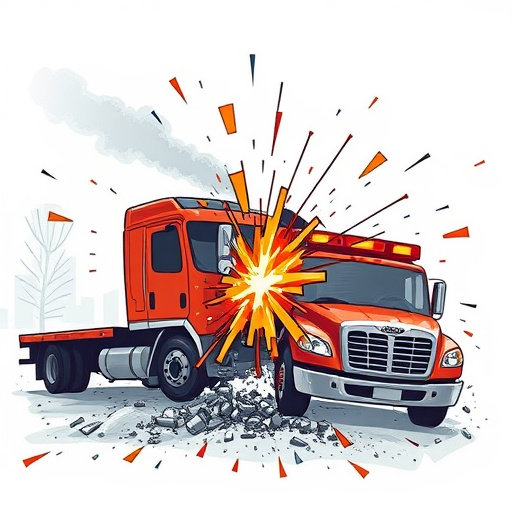Collision repair safety protocols are comprehensive guidelines ensuring customer and technician safety during car body repairs. These protocols, covering every step from assessment to quality check, mitigate risks, prevent accidents, and build trust with clients. Implementing PPE usage, proper material handling, secure tool storage, and local regulation adherence enhances service integrity and customer confidence. By prioritizing safety, auto repair shops foster a culture of accident prevention, utilizing appropriate tools, protective gear, and strict procedures for various repairs, ultimately ensuring high-quality outcomes and fostering positive customer relationships.
Collision repair safety protocols are more than just industry standards; they’re a cornerstone of building customer trust. These rigorous procedures ensure that vehicles are restored to pre-accident condition, protecting customers’ investments. By implementing safe work practices, auto body shops demonstrate their commitment to quality and safety, fostering confidence among clients. This article explores how these protocols not only safeguard vehicles but also strengthen the bond between repair shops and their customers.
- Understanding Collision Repair Safety Protocols
- Building Trust Through Safe Work Practices
- Customer Confidence in Auto Body Shops
Understanding Collision Repair Safety Protocols
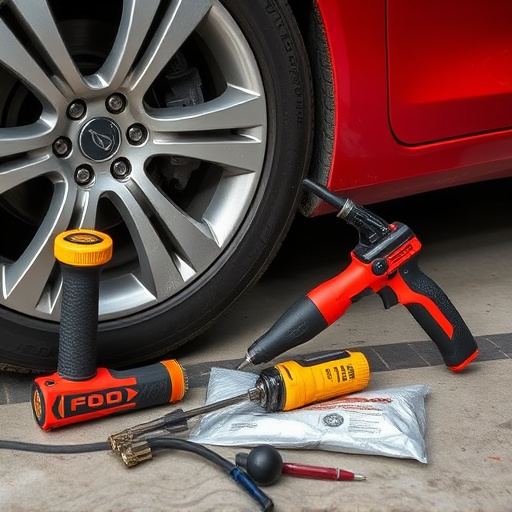
Collision repair safety protocols are a set of stringent guidelines designed to ensure the well-being of both customers and repair technicians during the car body repair process. These protocols cover every aspect, from initial assessment to final quality check, to mitigate risks and prevent accidents in the bustling auto repair services environment. By adhering to these safety measures, reputable collision repair shops build a foundation of trust with their clients.
Understanding and implementing these protocols demonstrate a commitment to providing top-notch vehicle repair services. This includes using personal protective equipment (PPE), proper handling of hazardous materials, secure storage of tools, and adherence to local regulations. Such practices not only safeguard individuals but also ensure the integrity of car body repair work, giving customers confidence in the quality of service they receive.
Building Trust Through Safe Work Practices
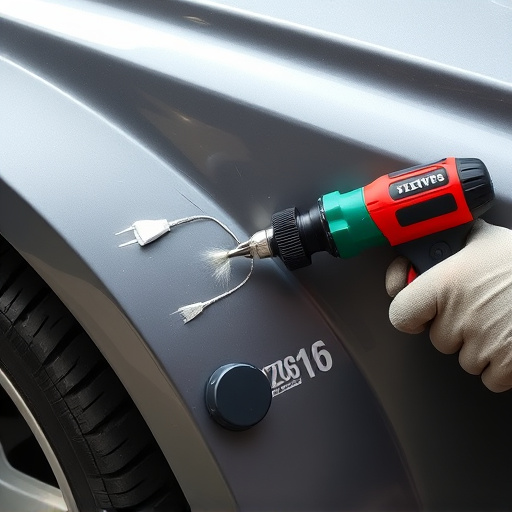
When it comes to collision repair, safety is paramount for both the technicians and the customers. Implementing robust collision repair safety protocols isn’t just about adhering to regulations; it’s a powerful way to build customer trust. By prioritizing safety, auto repair shops demonstrate their commitment to quality and reliability.
This trust-building process starts with creating a culture of safety where every employee understands their role in preventing accidents. Using the right tools, wearing protective gear, and meticulously following procedures for tasks like car body repair, dent repair, and car paint services ensures not only the well-being of workers but also guarantees high-quality outcomes. When customers see these safety practices in action, they gain confidence in the shop’s capabilities and are more likely to choose them for future repairs, fostering a lasting relationship based on trust and excellence.
Customer Confidence in Auto Body Shops
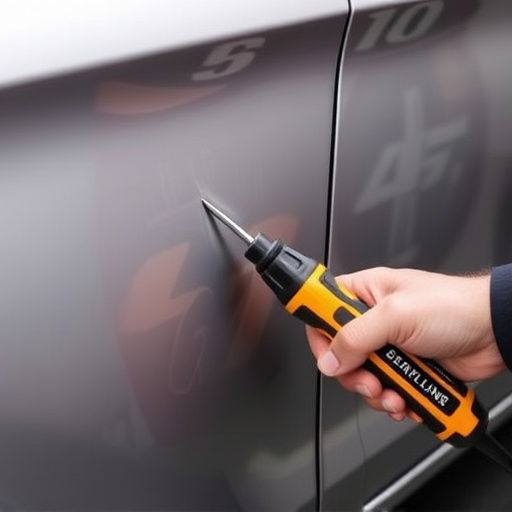
In today’s world, where safety is a top priority for everyone, customers are increasingly conscious of the quality and safety standards offered by auto body shops. Collision repair safety protocols have become a defining factor in building customer trust, as they demonstrate a commitment to excellence and thoroughness. When customers bring their vehicles into an auto body shop for repairs following a collision, they want assurance that their car will be handled with care, using the latest techniques and materials.
Implementing robust collision repair safety protocols enhances customer confidence in several ways. It shows that the shop prioritizes not just the physical repair of the vehicle but also the safety of its customers and employees. This includes proper training for staff on handling hazardous materials, adherence to environmental regulations during disposal, and ensuring the safe removal of damaged parts. Moreover, shops that offer transparent communication about the repair process, including detailed estimates and clear timelines, further instill trust in their clients, positioning themselves as reliable and professional car bodywork services providers. Effective safety protocols also facilitate efficient auto glass replacement and overall auto repair services, contributing to a positive customer experience.
Collision repair safety protocols are not just operational procedures; they are the cornerstone of building and maintaining customer trust. By adhering to these strict standards, auto body shops can assure clients that their vehicles are in capable hands. Safe work practices not only ensure the well-being of employees but also demonstrate a commitment to quality and reliability, fostering confidence in the entire collision repair process. Implementing and communicating these protocols effectively is key to standing out in a competitive market and establishing long-lasting relationships with customers.
